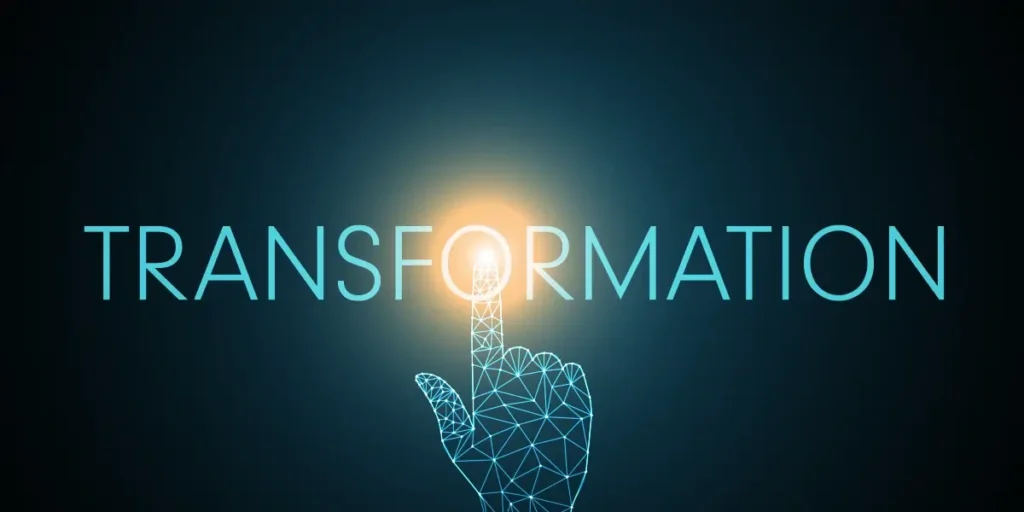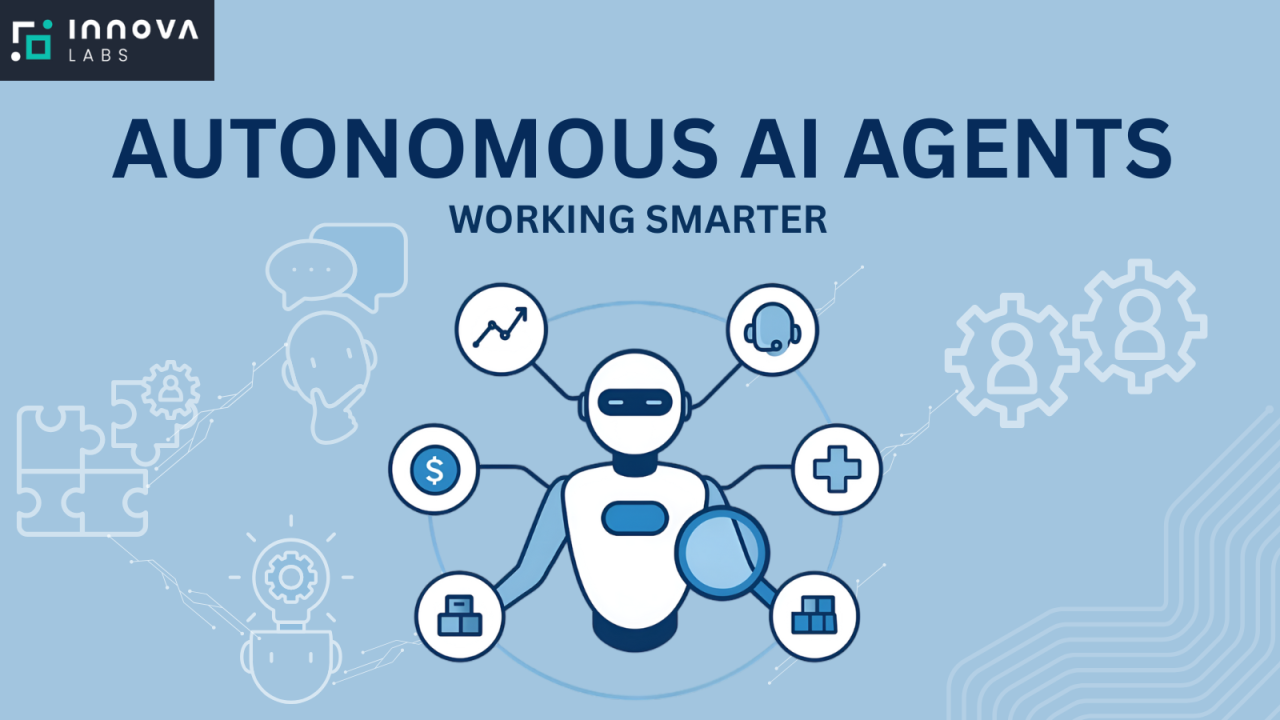Proton’s privacy-first Lumo AI assistant gets a major upgrade
Proton — the Swiss company best known for Proton Mail, Proton VPN and other privacy-focused services — has quietly been building a very different kind of product: a conversational AI that treats privacy not as an afterthought, but as the centerpiece of its design. Lumo, Proton’s “privacy-first” assistant, launched this year with a bold promise: deliver the usefulness of modern AI without giving up user data. Now Proton has rolled out a major upgrade — Lumo 1.1 — that sharpens that promise by making the assistant faster, more capable, and more reliable while keeping the same strict privacy guarantees. This article unpacks what changed, why it matters, how Proton implements its privacy model, and what gaps and tradeoffs remain. ProtonTechCrunch
Why a privacy-first assistant matters
Most of the large, high-performing AI assistants you can use today are operated by companies that collect and mine user data to continually improve their models, optimize advertising, or inform other commercial products. For many everyday tasks — drafting an email, summarizing a contract, querying your calendar — that model is convenient, but it creates a persistent risk: private prompts, sensitive documents, medical notes, legal text, and other intimate information can end up being logged, stored, and reused (directly or indirectly) in ways users don’t expect.
Proton frames Lumo as an alternative to that tradeoff: an assistant that aims to match the convenience and capability of mainstream assistants while applying the encryption and zero-access policies Proton built its reputation on. That difference is not just marketing — it changes how you can use AI for anything tied to personal, legal, or business privacy. TechCrunch
What’s in the Lumo 1.1 upgrade
With the Lumo 1.1 release Proton focused on three pragmatic goals: better reasoning, faster responses, and increased reliability. The upgrade includes architectural and model-level improvements that Proton says deliver measurable gains in accuracy and responsiveness across common tasks such as summarization, document reasoning, and conversational search. The company also highlighted several user-facing refinements — like speed optimizations, bug fixes, and refinement of the assistant’s “personality” — that make Lumo feel smoother and more consistent in real use. ProtonThurrott.com
Key headline changes in Lumo 1.1:
-
Faster query turnaround and improved latency — Proton claims system-level optimizations reduce response times so Lumo feels quicker on everyday prompts. Proton
-
Stronger reasoning and accuracy — upgraded model pipelines and additional in-house evaluation produce better handling of multi-step tasks, factual summarization, and long-context reasoning. Thurrott.com
-
Reliability & stability improvements — fewer dropped conversations, better error-handling in edge cases (e.g., long attachments or mixed media prompts), and improved uptime characteristics. Proton
-
Privacy-preserving UX features — retention of core privacy features like zero-access encrypted chat history and “ghost mode” (which deletes conversations on close) while making those controls easier to access. Proton+1
These changes are designed to make Lumo a more competitive option for users who demand privacy without sacrificing utility. Proton’s messaging emphasizes parity with Big Tech: Lumo should be as helpful and quick as mainstream assistants, but with guarantees that those platforms don’t offer. Proton
How Proton protects your conversations (the security model)
Lumo’s privacy claims rest on two engineering and policy pillars: zero-access encryption for stored conversations and no-logging / no-use-for-training policies for user prompts. Here’s how Proton describes the model and what it means in practice:
-
Zero-access encryption: Conversation histories stored by Proton are encrypted in a way that Proton’s servers cannot decrypt them. Only the user’s device (or devices) can decrypt the content. This is the same core design principle behind Proton Mail and Proton Drive, now extended to Lumo’s chat storage. If you choose to keep a conversation in your history, it’s stored encrypted and remains inaccessible to Proton’s operations or researchers. Proton+1
-
Ghost mode / ephemeral chats: For users who don’t want persistence at all, Lumo offers a “ghost mode.” When enabled, the chat is destroyed as soon as it is closed — there is no history to be stored or synchronized. This is a straightforward but powerful control for highly sensitive tasks. Proton
-
No logging, no training on user prompts: Proton has been explicit that it will not log conversations for the purpose of training commercial models. That policy means user prompts and chat contents are not supposed to be fed back into upstream model training pipelines the way many commercial AI services do. Instead, Proton bases Lumo on open-source models and its internal evaluation/finetuning, and it relies on privacy-aware telemetry. TechCrunch and other outlets have repeated Proton’s claim that Lumo “doesn’t keep logs” and won’t use user data to train its models. TechCrunchBleepingComputer
-
Open-source traceability: Proton emphasizes transparency: Lumo is built on open-source models, and Proton has published documentation and design notes about how Lumo’s privacy protections are implemented. That approach lets external auditors and technical users inspect how the system works and increases trust compared with a closed, proprietary pipeline. Proton+1
These protections are significant because they change the default threat model: rather than trusting a vendor not to do something, users have cryptographic controls and transparent policies designed to reduce the vendor’s ability to access private prompts.
Real-world feature highlights and examples
Proton’s upgrade is not just under-the-hood improvements; it also tightens the assistant’s practical abilities in a few noteworthy areas:
-
Document summarization and reasoning: Lumo 1.1 improves handling of long documents — contracts, research papers, meeting transcripts — by offering more faithful summaries and better extraction of action items. For privacy-sensitive organizations (law firms, clinicians, journalists), this can be a huge productivity gain without exposing content to third-party training. Thurrott.com
-
Faster conversational search: Users can ask follow-up questions about previously provided material and expect more coherent, context-aware replies. The latency improvements make iterative exploration feel less friction-heavy. Proton
-
Integration with Proton ecosystem: Lumo plays nicely with Proton Drive, Mail, and other Proton services — enabling private summarization of attachments or draft generation for email — while keeping the data encrypted and out of reach. This ecosystem advantage differentiates Lumo from standalone assistants that lack secure storage or mailbox integration. Proton+1
-
User-facing privacy controls: Ghost mode, per-chat settings, and clear indicators about what is stored versus ephemeral give users direct power over their data lifecycle. That UX clarity matters: privacy features only protect you if users can easily find and enable them. Proton
How Lumo compares to Big Tech assistants
When people ask whether a privacy-first assistant can “compete” with Google, Microsoft, or OpenAI, the answer depends on what you value most.
-
Capability parity: Lumo’s 1.1 improvements close many gaps in responsiveness, factuality, and multi-step reasoning, but the largest language models used by hyperscalers still have advantages in sheer scale and training diversity. Proton’s strategy is to reach functional parity for the most common and important tasks (email drafting, summarization, question answering) rather than to out-compete on raw benchmark scores. Thurrott.com
-
Privacy and trust: This is Lumo’s leapfrog moment. Even if a Big Tech assistant is marginally better at some edge-case reasoning tasks, those platforms typically rely on data collection and large-scale usage logging — something many privacy-conscious users and organizations won’t accept. For those users, Lumo offers a meaningful alternative: “good enough” (and improving) capabilities plus provable privacy guarantees. TechCrunch
-
Openness and auditability: By relying on open-source models and publishing design details, Proton makes it possible for independent researchers and privacy advocates to examine Lumo’s architecture. That external scrutiny is an important counterweight to the opaque model pipelines of larger companies. Proton
In short, Lumo aims not to replace Big Tech assistants for every user, but to be the clear choice for privacy-first individuals, small teams, and regulated organizations that require cryptographic guarantees about their conversational data.
Limitations, concerns, and honest tradeoffs
No product is perfect. Lumo is an important experiment in privacy-first AI, but it also faces real challenges:
-
Model capability ceiling: Proton depends on open-source model families rather than proprietary, massive proprietary models trained on enormous proprietary datasets. That choice improves transparency and reduces vendor lock-in, but it can limit top-end performance on highly complex or niche tasks. Proton’s road map (and the 1.1 upgrade) shows a focus on iterative improvements rather than a single leap to state-of-the-art scale. ProtonAI Insider
-
Operational complexity: Zero-access encryption and client-side key management introduce complexity. Users who expect a “set-and-forget” experience may need help understanding how device keys, multi-device sync, and recovery work. Proton has documentation, but cryptographic usability is always a challenge. Proton
-
Regulatory pressure and infrastructure moves: Proton has recently signaled concerns about legal and regulatory changes in Switzerland, and has taken steps to host services in other jurisdictions to mitigate surveillance risk. Those operational moves are prudent for privacy but introduce questions about data residency, legal process, and long-term geography of hosting that corporate users will care about. Proton’s plans to diversify infrastructure reflect the complex intersection of technology, law, and user privacy. TechRadar
-
Trust vs. verification: Proton’s policy of not logging and not training on user data is meaningful, but policies alone are not proof. Open-source choices, published security models, and external audits are strong mitigations — and Proton has been pursuing transparency — but skeptical or highly regulated organizations will want to see independent audits and technical attestations before trusting mission-critical workflows. Proton
Who should use Lumo today?
Lumo is particularly well-suited for several user groups:
-
Privacy-focused individuals and journalists who handle sensitive communications and want cryptographic guarantees that their prompts and drafts aren’t used for training or logged. TechCrunch
-
SMBs and teams in regulated fields (legal, health, finance) that need to use AI-assisted drafting or summarization while complying with data-protection requirements. Proton’s encrypted Drive and Mail integrations are helpful here. Proton+1
-
Security-conscious tech users and open-source advocates who value auditability and transparency about model architectures and data handling. Proton’s open-source emphasis appeals to this group. Proton
-
Casual users who want better defaults: Proton bundles a free version of Lumo with several plans and emphasizes that casual users can access a private assistant without added cost, making privacy mainstream rather than a niche premium add-on. Proton
Why this upgrade matters for the broader AI landscape
Proton’s Lumo 1.1 is important not just because it improves one product, but because it makes a broader statement: privacy and high-quality AI are not mutually exclusive. There are a few reasons this matters beyond Proton’s user base:
-
Market differentiation: Lumo demonstrates a viable alternative business model: compete on trust and cryptography rather than data capture. If the product ultimately succeeds at scale, it could create pressure on larger platforms to give users stronger privacy options. Proton
-
Regulatory alignment: With privacy regulation maturing globally (GDPR updates, digital service rules, national surveillance debates), tools that embed privacy-by-default will be easier to align with compliance requirements. That has commercial value beyond the ideological appeal. TechRadar
-
A new design pattern for assistants: Lumo’s mix of client-side encryption, ghost mode, open-source models, and an ecosystem integration pattern (Drive, Mail) could become a template for other privacy-first assistants. The upgrade shows Proton is iterating quickly to close capability gaps — a necessary step if privacy-first assistants are to be taken seriously by professionals. Proton+1
-
User expectation shift: As better privacy-first options become available, users may start expecting privacy controls as standard rather than as opt-in luxuries. That shift could nudge industry norms. TechCrunch
Practical tips for using Lumo safely and effectively
If you decide to try Proton Lumo (and the 1.1 upgrade), here are some pragmatic suggestions to get the most benefit while staying private:
-
Use ghost mode for ultra-sensitive prompts. When composing anything you don’t want appended to a history (e.g., medical notes, passwords, draft legal strategy), enable ghost mode so the chat is ephemeral. Proton
-
Keep local backups of recovery keys. Zero-access encryption depends on proper key management. Ensure you understand Proton’s recovery options and store any keys or recovery phrases securely. Proton
-
Test summarization on sample documents. Run the assistant on non-sensitive examples first to get a feel for tone, hallucination tendencies, and formatting, then move to real documents. The 1.1 improvements help, but careful vetting remains best practice. Thurrott.com
-
Watch for audits and attestations. If you plan to use Lumo for regulated workflows, look for Proton’s third-party audit reports or formal attestations about data handling — and consider contacting Proton for enterprise agreements that codify privacy guarantees. Proton
Final assessment — is Lumo 1.1 a game-changer?
Lumo 1.1 is not a miraculous leap that instantly outperforms every major AI assistant in every benchmark. Instead, it’s a meaningful and practical upgrade that brings a privacy-first assistant much closer to everyday usability: faster, more accurate, and more reliable. For users and organizations that prioritize confidentiality, Lumo’s crypto-backed design and explicit no-logging stance — now combined with demonstrable performance improvements — make it one of the most compelling privacy-first options on the market. ProtonTechCrunch
More broadly, Lumo’s progress matters because it strengthens the proposition that privacy and powerful AI can coexist. Whether Proton can scale the stack while maintaining the same guarantees — and whether enterprises will demand and pay for those guarantees — remains to be seen. But Lumo 1.1 shows progress: privacy-first assistants are moving from concept to capable product, and that’s good for users, competition, and the evolving norms of how AI services should treat personal data.
Where to follow updates
Proton has published technical notes, a security-model explainer, and product posts covering Lumo and the 1.1 release. If you want to follow developments, check Proton’s blog and product-update pages for future version announcements, feature deep-dives, and (hopefully) independent audits or transparency reports. Proton+1
Sources & further reading (selected)
-
Proton — Introducing Lumo 1.1 for faster, advanced reasoning. Proton
-
Proton — Introducing Lumo, the AI where every conversation is confidential. Proton
-
TechCrunch — Proton’s new privacy-first AI assistant encrypts all chats, keeps no logs. TechCrunch
-
BleepingComputer — Proton launches privacy-respecting encrypted AI assistant Lumo. BleepingComputer
-
Thurrott — Proton Lumo 1.1 amps up the performance, reliability, and accuracy. Thurrott.com
Amazon’s AI Investment: How the Retail Giant Is Rewiring the Cloud, Chips, and the Future of Work







